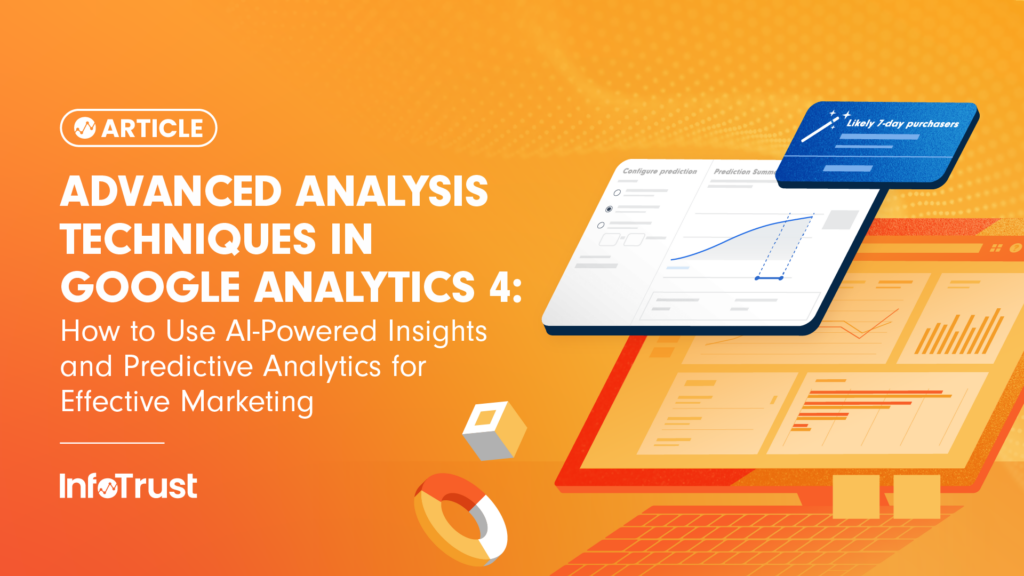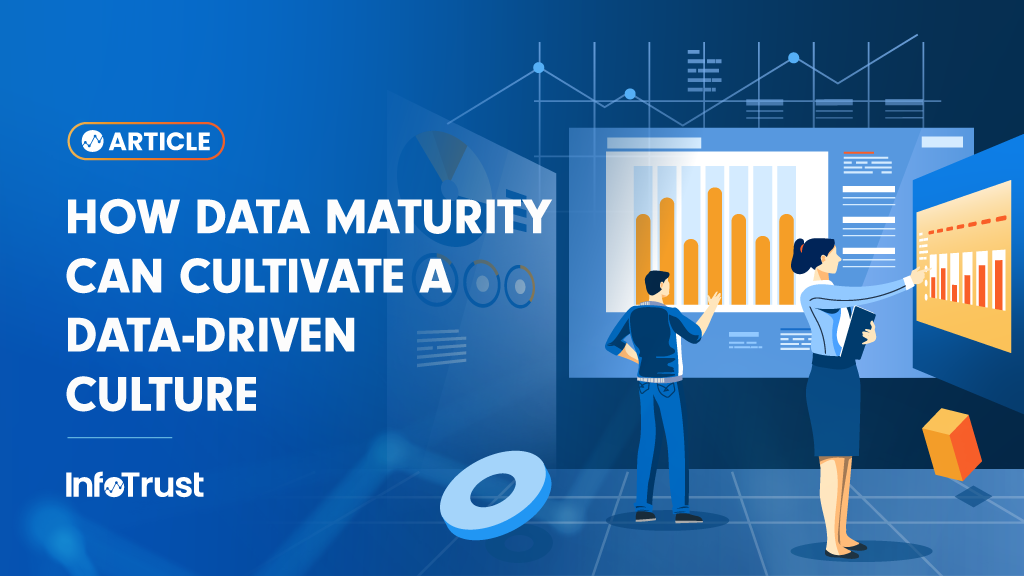This week, I attended a Digital Summit Conference in Atlanta, GA. This was such a great experience as I learned from many professionals in the digital space as well as shared my own thoughts and strategies on web analytics.
My presentation was on Measuring Social Media with Google Analytics, and throughout the conference I tried to attend other presentations on web analytics, measurements and metrics to learn the latest trends and tools. Throughout these sessions, there were 5 concepts that resonated with me the most.
1. Segmentation and personalization is the key to relevancy.
Every one of us wants to receive relevant information. Emails, messages and posts that do not reflect my needs and wants will never get my attention, will not generate a clickthrough and will not create a conversion. Every marketer needs to track and pay attention to the behaviors of their audience and adjust a message accordingly. Leverage buyer patterns, track content usage and my social media involvement to understand what content to send me at what time and through what channel. The ability to use data to create personable and relevant messages is instrumental in improving marketing ROI.
2. Averages are misleading.
During this conference several speakers stressed the importance of not getting caught up in looking at the averages. This information is often misleading as it takes into account uncommon visitor patterns. Average bounce rate is not a very good indicator of how your website is performing. Consider tracking your bounce rate on the landing pages or other key pages – this will give you more accurate information about your website’s performance. Another way to avoid looking at averages is by segmenting website traffic and comparing bounce rates by traffic source.
3. Making assumptions and going with your gut can be a costly strategy.
A lot of times marketing decisions are based on gut feelings and personal preferences. This means that the decisions are often biased and skewed towards our own preferences. The only way to be relevant is by following the following cycle:
- Design your marketing campaign
- Test its performance
- Gather data
- Analyze information
- Optimize based on the identified insights
The most important aspect in marketing is constant optimization. The needs, wants and demands of your audience constantly change. If you do not constantly adapt to the shifts in the marketplace, you will start producing irrelevant messages that in return will make you irrelevant in the eyes of your audience.
4. Real time data matters when you can make real time changes.
Recently, Google Analytics introduced real-time analytics that show how your website is found and used by people in the real time. A lot of other analytical platforms offer similar capabilities. This creates a questions – what do we do with this data?
Data only matters when you know what do with it. Otherwise, you will get analysis paralysis. Always begin looking at the data with the goal in mind. This will help you find the right data insights. If you are still interested in the real-time data, make a list of changes and actions that you can take depending on what the data is telling you.
5. Data correlation is often more important than data causation.
It is always important to measure how each marketing tactic contributes to your overall marketing goals and objectives. However, I would also stress the importance of looking at the data correlation. Does the growth of your Facebook fan base correlate with an increase in the website traffic? For example, increased activity on Google+ will correlate with increased search engine traffic to your website that will correlate with the number of product demo sign-ups. Correlations and patterns will always help you figure out if you are going in the right direction.
Summary
There is a lot more information that I would like to share, but I would rather focus on these 5 tactics that can help you make actionable marketing decisions. We will post another blog post about this conference within a few days. This has been a great experience, and I plan to come back next year.







